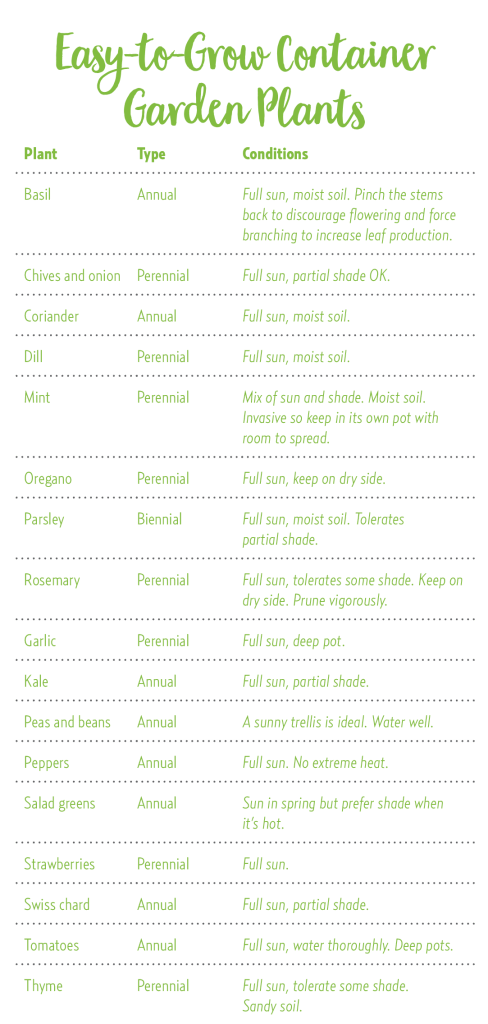Have you ever plucked a perfectly warm, sun-ripened cherry tomato from the vine, wrapped it in a bright green basil leaf, and popped it into your mouth? Oh the aroma, the flavours of summer! Such a heart-warming, soul-satisfying experience.
The benefits of a garden start in spring with the shake of a seed packet and a sprinkle of water—then the anticipation of watching for the first fresh shoots to push through the earth.
We know that plants feed our bodies in so many good and delicious ways, but gardeners know that the symbiotic relationship we have with plants feeds so much more.
Our Health
Growing your own herbs, fruits, and veggies means you will eat more of them, and at their highest, fresh-picked nutritional value and taste. We get more sunshine, fresh air, and exercise.
Our Relationships
Nurturing plants creates a more harmonious connection to the natural world that spills over into every area of our lives. And when we get the family involved—especially young children—we learn to work together, to nourish patience and delight, to appreciate what it takes to grow our own food, and to realize the fruits of our labours. Science, beauty, and life skills in one tasty package.
Our Happiness
Ahh, the fragrance of a rose…close your eyes, lean in, and inhale deeply, exhale softly…doesn’t that feel better? Euphoric even. It’s no secret that surrounding ourselves with flowers and caring for plants gives us a sense of purpose, releases feel-good endorphins, reduces stress, and lightens our hearts.
Digging in the warm soil, pulling weeds, and deadheading can also be meditative practices.
Our Wallets
For the price of a packet of seeds you’ll have fresh veggies all summer—and enough left over to freeze, dry, or can for winter. Choose organic, heirloom, and non-hybrid species (non-GMO).
Our Environment
Grow organically for your health and the planet’s. You’ll attract birds and bees and butterflies, and reduce:
- Your purchases of fresh produce brought here by plane and refrigerated truck, from other parts of the world. (And when you do shop, buy local whenever possible.)
- Food waste because you’ll appreciate the food you’ve grown yourself. Even better, start a compost heap to deal with organic kitchen and garden waste, and to nurture your soil.
An Easy Edible Garden
No backyard? It’s easy to grow plants on a balcony to enliven your mood, your health, and your culinary adventures. All plants need full sun, water, and healthy, nutrient-rich soil to be successful. Tuck in a few marigolds to discourage pests and provide a pop of colour.
- Check conditions: Choose your plants based on what sun or shade you have.
Fruiting plants like tomatoes need at least five hours sunlight, ideally eight. Same for Mediterranean plants like basil and rosemary.
Partially shaded balconies are ideal for salad greens, chard, kale, and herbs like chives and mint. - Ask the experts: Visit your local garden centre for lots of free advice about varieties perfect for your area and growing conditions.
- Choose containers: Containers can be metal, wood, food-grade plastic, or ceramic. Make sure all have holes to drain excess moisture.
- Seeds or seedlings: If you have space indoors, a packet of organic seeds is the cheapest option, ideal for successive plantings of salad greens and some herbs like arugula and cress. Seedlings give you a head start without the fuss of thinning and transplanting.
- Give space: A new garden can look sparse, but plants quickly fill their pots, so leave lots of breathing and growing space.
- Care and feeding: Use a good organic fertilizer and compost, and be careful not to over- or under-water. Nip the tops regularly to promote branching and strong, leafy growth. Snip herbs as needed, and don’t forget their flowers are edible, and delicious in salads.
Did you know?
- Studies show when plants are present:
- Patients in hospital rooms and those healing at home recover more quickly with fewer side effects.
- Our brains are exercised, and our memory and concentration improved up to 20%.
- In the workplace, productivity and mood are enhanced, with fewer absences and cleaner air.
- More feel-good endorphins are released.
- We are more positive, and less prone to depression.
- Children learn, and those with attention-deficit disorders focus better.
Article was published in The Good Life Magazine.

